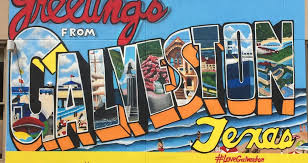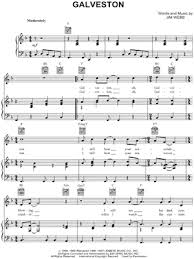
In New York City I thought about two novels. I was eager to explore Central Park and within its savannah we took in the summery games on Heckscher Ballfields and weaved around the picnickers sprawling in the sultry heat.
Of interest was The Pond given the fascination this held for Holden Caulfield in Catcher in the Rye. He was inquisitive as to where the ducks went during the frozen winter, and like many teenagers was troubled about his future and our shared vulnerabilities. I could picture Holden watching his sister Phoebe on a carousel, tears streaming at the happiness he’d finally found.
Nearby on 5th Avenue is The Plaza Hotel. Hosting the toxic quarrel between Gatsby and Tom in Scott Fitzgerald’s famous savaging of selfishness, The Plaza’s a grand building in this swirling city. Seeing it amplified the novel for me, and I could almost hear Daisy protest from up in one of the elegant suites, “You want too much!”
However, there’s an ignored American town in which I’d love to immerse myself while contemplating another significant work. My favourite intertextuality: locale and music.
Galveston.
The opening line is as euphoric as any sung. At, “Galveston, oh Galveston” we’re elevated by the combination of soaring string-section, guitar and Glen Campbell’s impossibly-honeyed voice. This proclamation is so joyous, so devout; it’s an irresistible invitation but also a prologue and an epilogue. Then, of course, there’s darkness to follow.

Jimmy Webb’s genius presents as achingly exquisite simplicity. In three lines he engrosses us with evocative place, love and foreshadowed dread. And this is it: an entire story, captured haiku-like with all the fictive elements required for a comprehensive saga, or epic cinema.
I still hear your sea winds blowing
I still see her dark eyes glowing
She was twenty-one, when I left Galveston
The lyrics are almost deceptive with their innocent rhyme and sparse vocabulary. Here the repetition of the adverb still conveys the protagonist’s endless torture and hauntedness. We wonder if he’ll ever return. His torment is ours, too.

Debate centres on the historical context. Is Webb referencing the American Civil War, the Vietnam War, or the Spanish-American war?
while I watch the cannons flashin’
While of interest to those with a military bent, the superior reading is that it’s any war, and indeed, every war.
“Galveston” is an anti-war declaration, but there’s a deeper premise at play. Ultimately, it’s pro-love, pro-life and celebratory. Our main character is a soldier, so hopeful, so eager to re-embrace his former world’s vitality that this amplifies his terror. He misses his girl, home town and old life. As we all would. He wants to live well.
The sonic qualities intensify this triumph with strings by the Wrecking Crew that are majestic; stirring; elemental. These lift the song ever-skywards, investing it with golden light. Tellingly, they’re only silent in the instrumentation when Campbell sings, “I am so afraid of dying” and their omission here bequeaths the necessary desolation.

Then there’s the remarkable vocal performance. With perfect phrasing it’s Sinatra-like, while displaying an enveloping, earthy warmth, and a weighty authenticity. Campbell is both the central figure and also each of us, and like a Sampras backhand, a Richard Ford sentence, or a Barossa Shiraz, there’s an outward effortlessness that leaves you sunny, but also gasping at the beauty within.
Along with “Wichita Lineman” and “By The Time I Get To Phoenix” Webb set these in decidedly unregarded parts of America, for he considered it best to lyrically escape the famed metropolises. The world agreed. While this particular tune uses an inconsequential resort town it speaks timelessly. The cycle’s other towns in Kansas and Arizona are now invested with an imaginative, cultural gravity. These owe Webb and Campbell.
Common across these is dislocation. They feature a man who’s someplace else; jettisoned and in disequilibrium. Briefly but profoundly, we’ve glimpsed the characters’ lives at a nexus. Do we dare guess at how they turned out? Did he get back to Galveston? Did he again experience those sea winds?
How is all this achieved in one hundred and eleven words? When the vocals are done in two minutes? It seems a bigger song: more Guernica than minimal art.
Our youngest, partly primed for his musical voyage by his Dad’s captaincy, has, in the bath and while getting dressed for school, started singing snippets of “Galveston.” In time, I reckon he’ll also want to come on our literary tour to this minor Texan town.
Locale and music.
We’ll stand on that windswept shore by the Gulf of Mexico and imagine lives other than our own.
